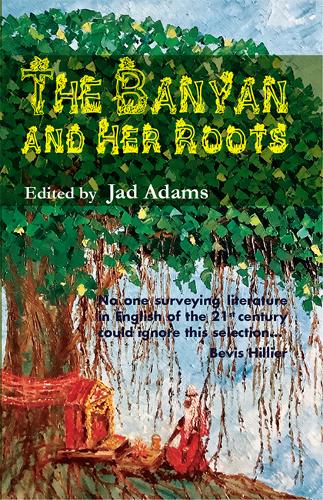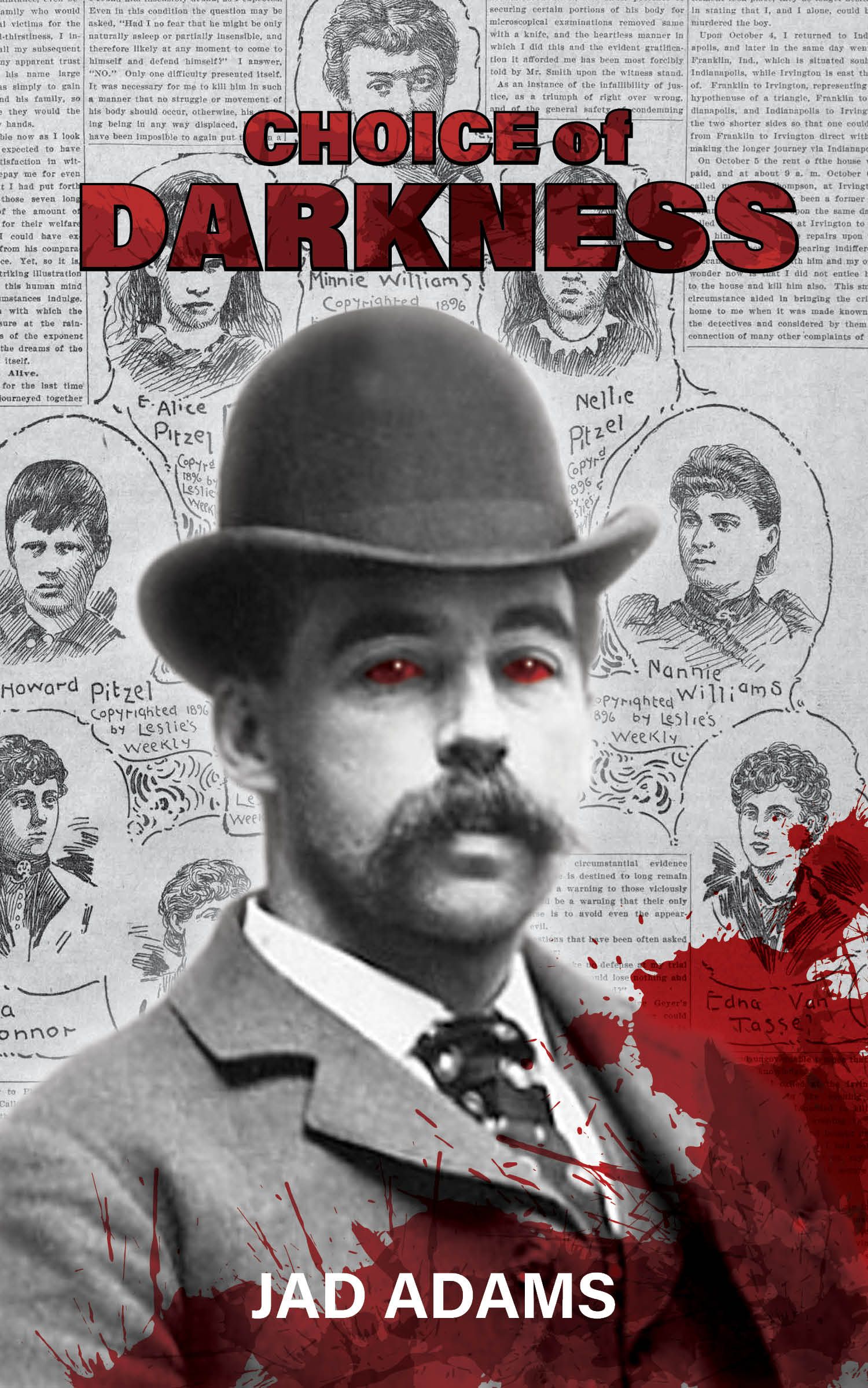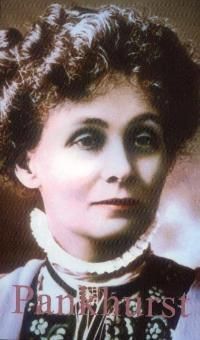New paragraph
New paragraph
Jad Adams
Welcome to my website
Contact Details
Email: jadadams@btinternet.com
Phone: 0793 9635014
Current & recent work
Choice of Darkness
Choice of Darkness is a tale of blighted love and mass murder based on the hunt for the biggest serial killer in nineteenth-century America.
Jad Adams tells the story of Henry Holmes from the point of view of the detective who tracked him down, burdened by a love betrayed.
Frank Geyer is a detective in Philadelphia who in 1894 is called to investigate the death of Ben Pitezel. He encounters Dr Henry Holmes who says he is acting for Pitezel’s family to collect the insurance money. Holmes had been best friends with Geyer in their home town of Gilmanton, New Hampshire, they have unfinished business over a woman.
Alerted by the insurance company, Geyer seeks Holmes in what becomes a journey to redeem Geyer’s life as he discovers how his former friend left horror after horror in a killing programme across the United States.
Set in the gilded age of American history, Choice of Darkness is a meticulously researched study of this late nineteenth century criminal, and the police methods used to bring him down.
From melesmelesmarks@btinternet.com or
EBay https://tinyurl.com/3ncpn95z
Amazon: https://tinyurl.com/3rjwnyxy


Decadent Women is about the women who contributed to the leading 1890s journal. It has been 20 years in the making (not continuously). I have been publishing research leading to this book in academic journals.
'Superb storytelling....this is a book that reflects impressive scholarship and research, but wears its scholarship lightly...I couldn't put it down.' - Prof Margaret Stetz
'More than just a group biography, Decadent Women is an engaging cultural history of of the 1890s...While grounded in diligent scholarship, Adams' book liberates the women writers and artists of the "Yellow Nineties" from academic obscurity and makes the reader want to know them better.' - Dr Jenny McAuley
'Examining the lives of such authors as short story writer Ella D’Arcy, novelist Ménie Muriel Dowie, and biographer Ethel Colburn Mayne, Adams contends that though these women came from different social classes and countries, they shared a 'decadent' mindset (a 'catch-all term for challenges to the establishment consensus' in the 1890s) that manifested in their questioning of gender roles and writing frankly about sexuality and women’s struggles and desires. . . . Adams does a fine job of portraying how these authors pushed back against constrictive norms.' — Publishers Weekly
'In Decadent Women, Adams . . . traces the intersecting paths of the female writers, artists and sub-editors who contributed to the notorious Yellow Book, the most beautiful magazine of the 1890s. . . . He has been painstaking in his research, making use of diaries, letters and contemporary reminiscences. He is a good storyteller and there are many vivid anecdotes here, which will interest the general reader as well as devotees of the period.' — Literary Review
'[Decadent Women] charts a period in which ‘educated girls of any character’, in the words of Netta Syrett, who was one of them, ‘were asserting their right to independence if they could prove themselves capable of earning their own living. Or for that matter, even if they couldn’t or didn’t.’ The result of such assertions often proved, as Ménie Muriel Dowie, another Yellow Book contributor, put it, "rather a grotesque little mess of trying to rearrange life."' — London Review of Books
'Adams guides the reader expertly through the stages of The Yellow Book’s textual and physical production and vividly reconstructs its fractious, often female-dominated office politics from letters, diaries and company records. While grounded in diligent scholarship, Adams’s book liberates the women writers and artists of the ‘Yellow Nineties’ from academic obscurity, and makes the reader want to know them better.' — Tablet

Madder Music Stronger Wine
re-release
To commemorate the 125th anniversary since Dowson's death, I am re-releasing an updated version of my biography of the tragic poet under our own Meles Meles Marks label.
The book will be lanched at a Dowson Day arranged by the British Association of Decadence Studies at Goldsmiths' College on 21 February 2025
https://bads.gold.ac.uk/2025-dowson
For sale at bookshops or:
EBay: https://www.ebay.co.uk/itm/277327005377
Amazon:
https://www.amazon.co.uk/dp/1836540213

CAFE EUROPA
Cage Europa, set on a Greek island, sees four young people looking for sun, sea and romance. They find these, but they also find that the island has a hidden side as crime and corrupt politics reveal that nothing is what it seems.
Into this cultural complexity steps a naive refugee from the East whose involvement undermines the uneasy balance of north and south Europe.
Tony Benn: A Biography

Updated edition now available
Women and the Vote: A World History
New paragraph


The Banyan and Her Roots
I have been a friend of the liberal Indian publishing company Palimpsest for some time and I was pleased when they asked me to edit a collection of stories from writers in different parts of the Indian diaspora.
'The book, unlike any other in the recent past, captures authentically the malaise and aspirations of South Asian societies.
Writer Jad Adams, who has chosen the stories and edited them, says these are tales of anxious women and confused men, of relationships which start in the glow of love but end in a baffling clash of contradictory cultures; oppressive family relationships with overwhelming obligations; travellers feeling out of place in a new culture, but also being liberated in a new environment.
Of the 23 writers in the volume, 13 are women. Seven Pakistani writers have also made it to the book. There is a commonality of tone in the work of women writers from across the borders. They all stand up to patriarchy and reject war as a way for the neighbours to dominate each other. They are more concerned about the war going on for hundreds of years inside their homes. …'
- Hindustan Times






